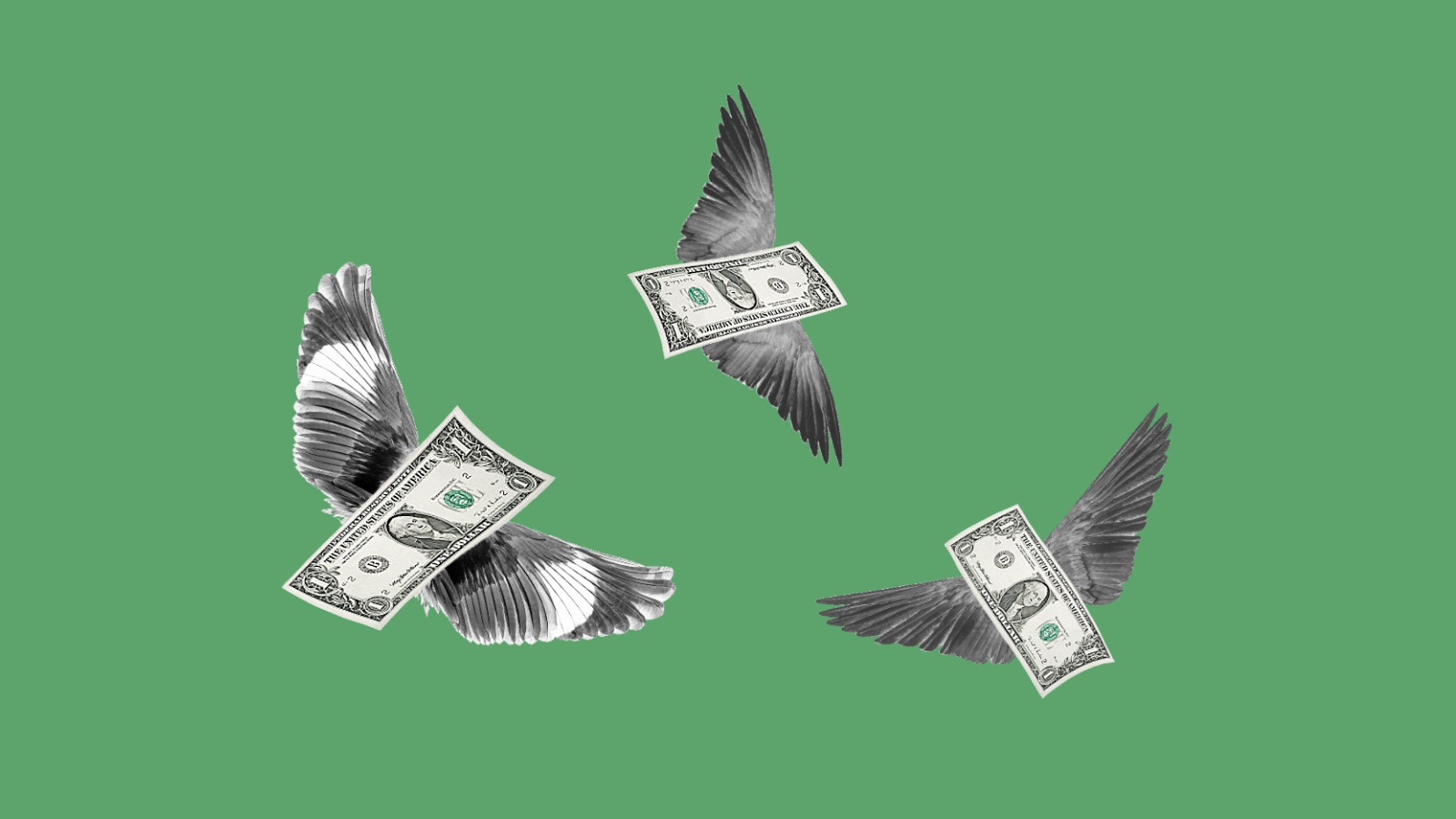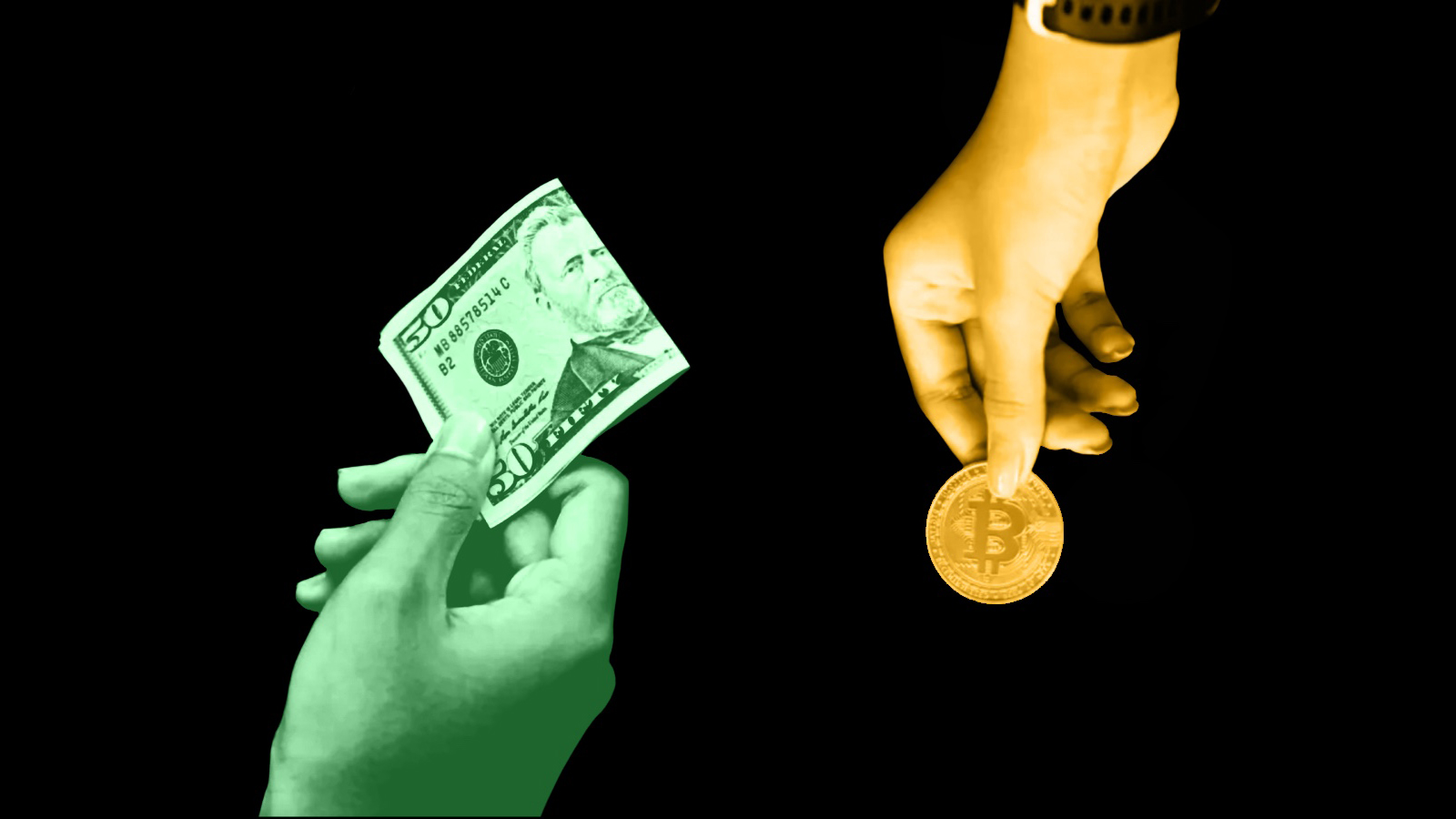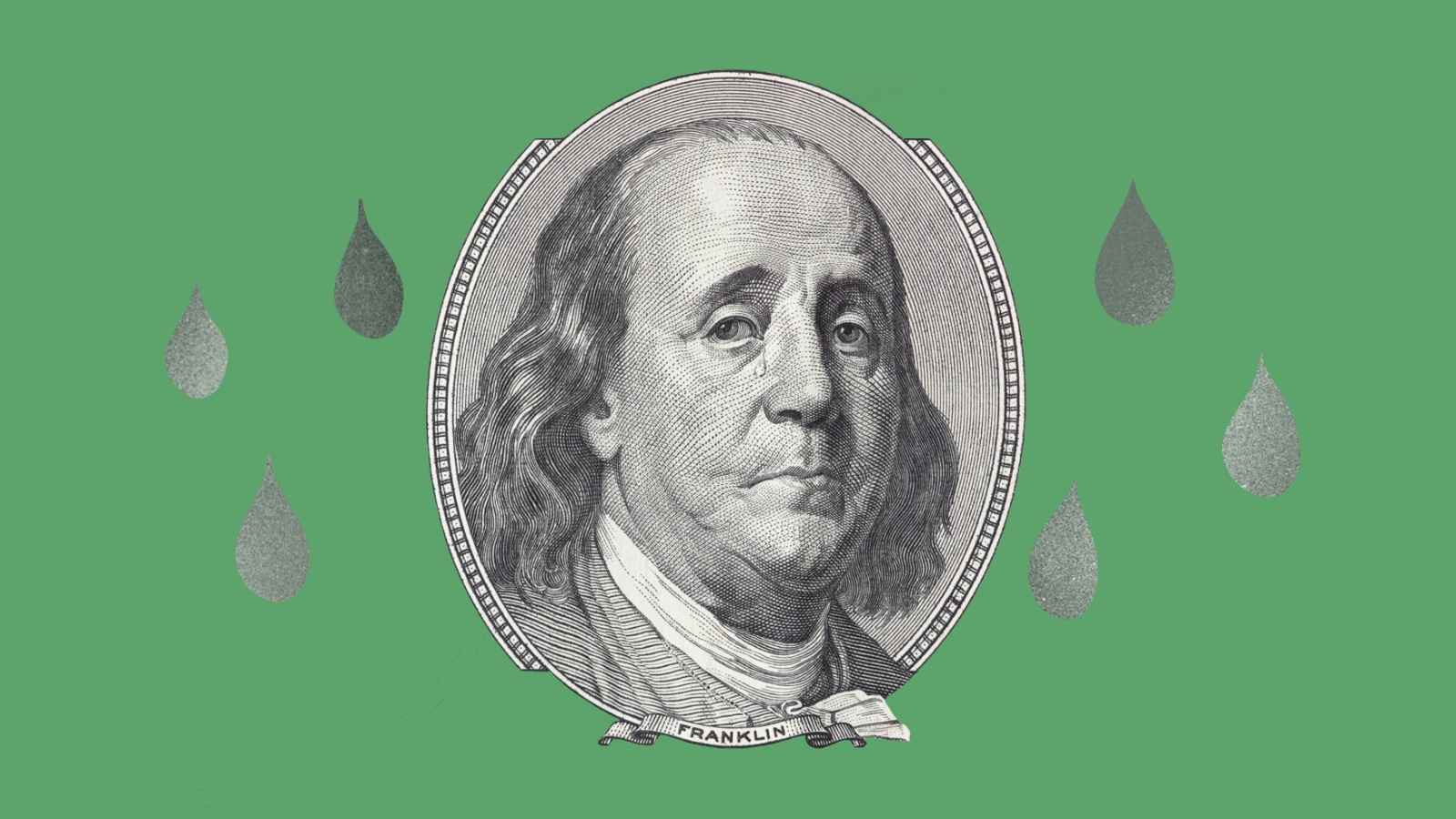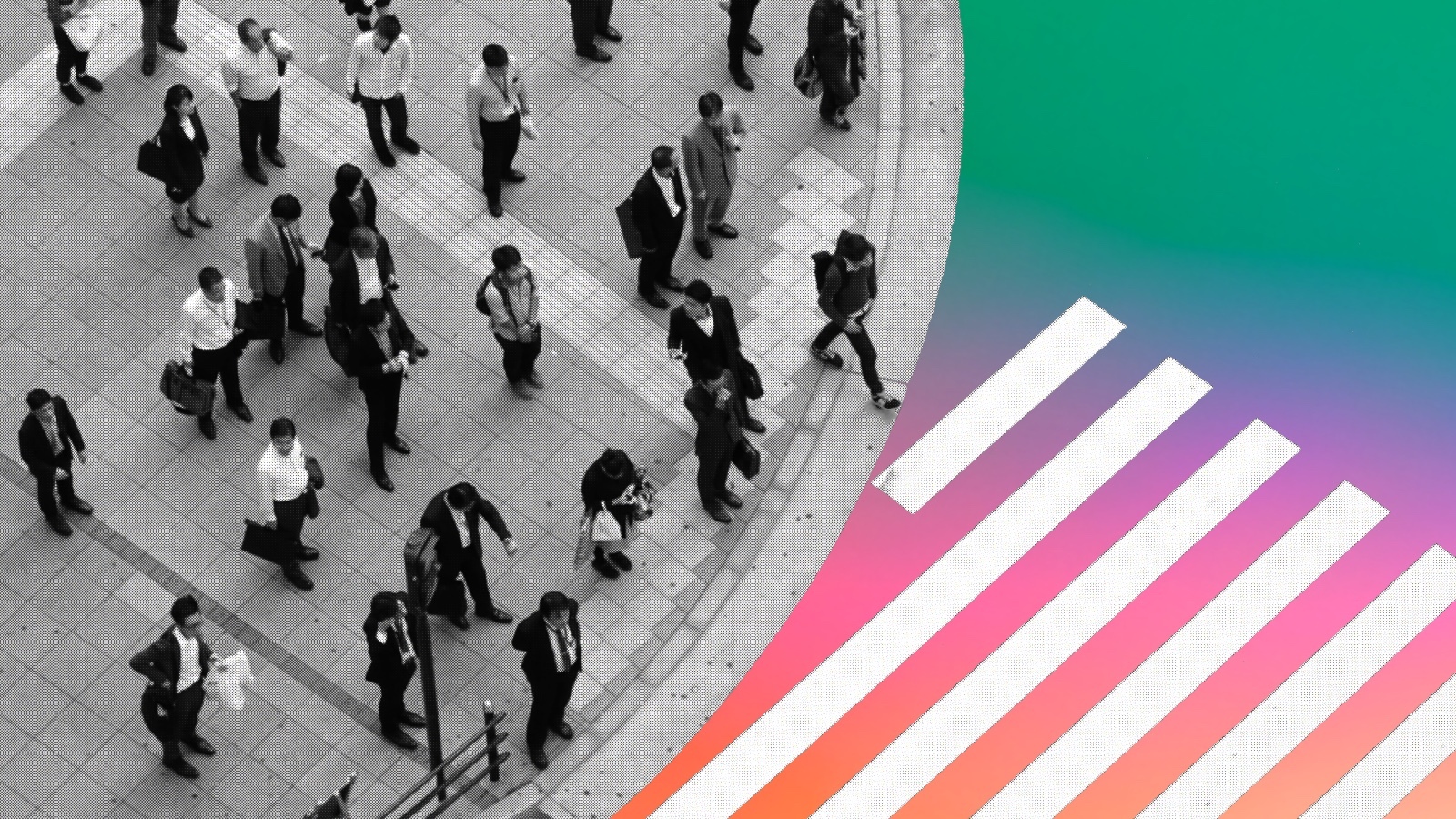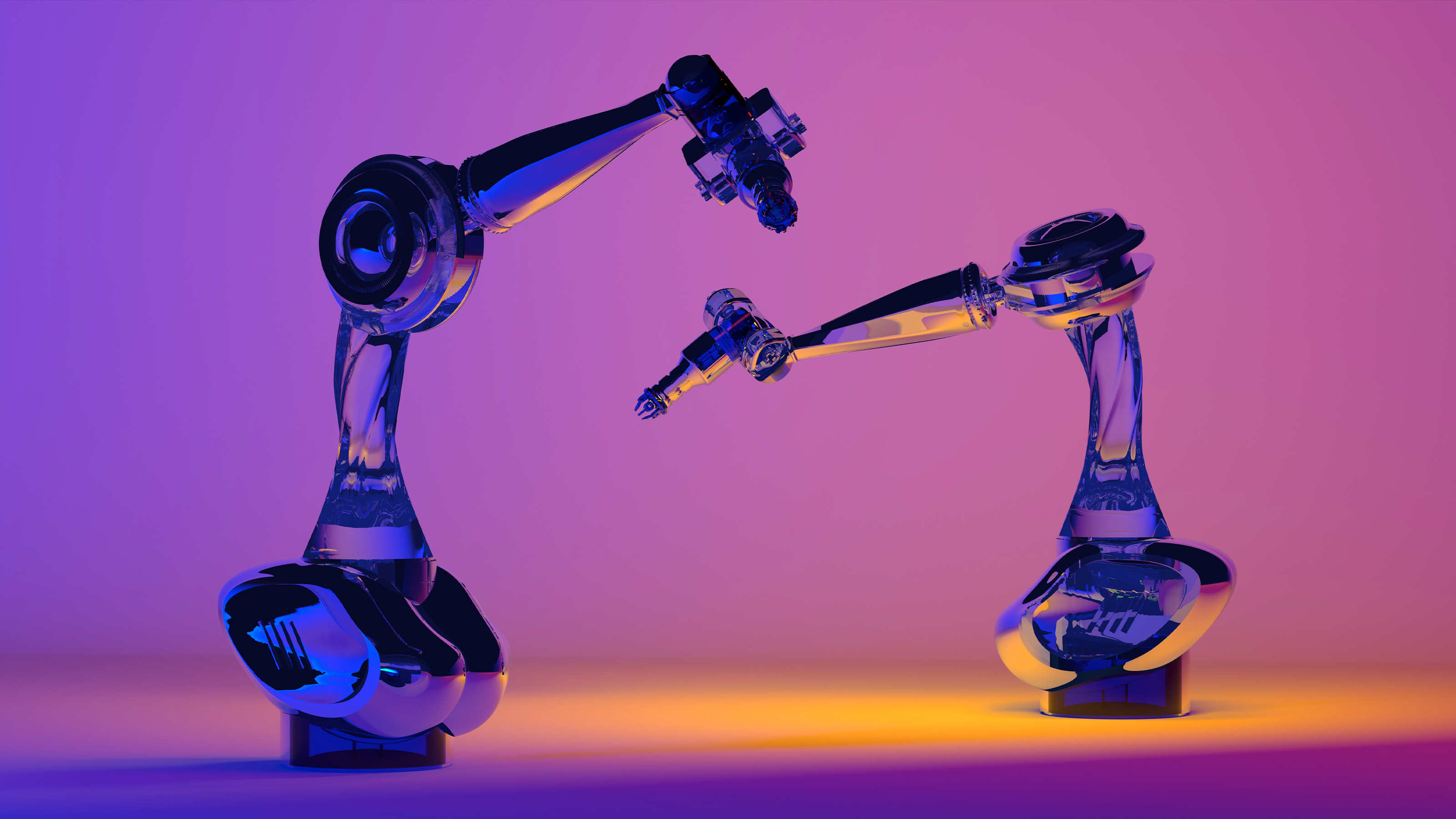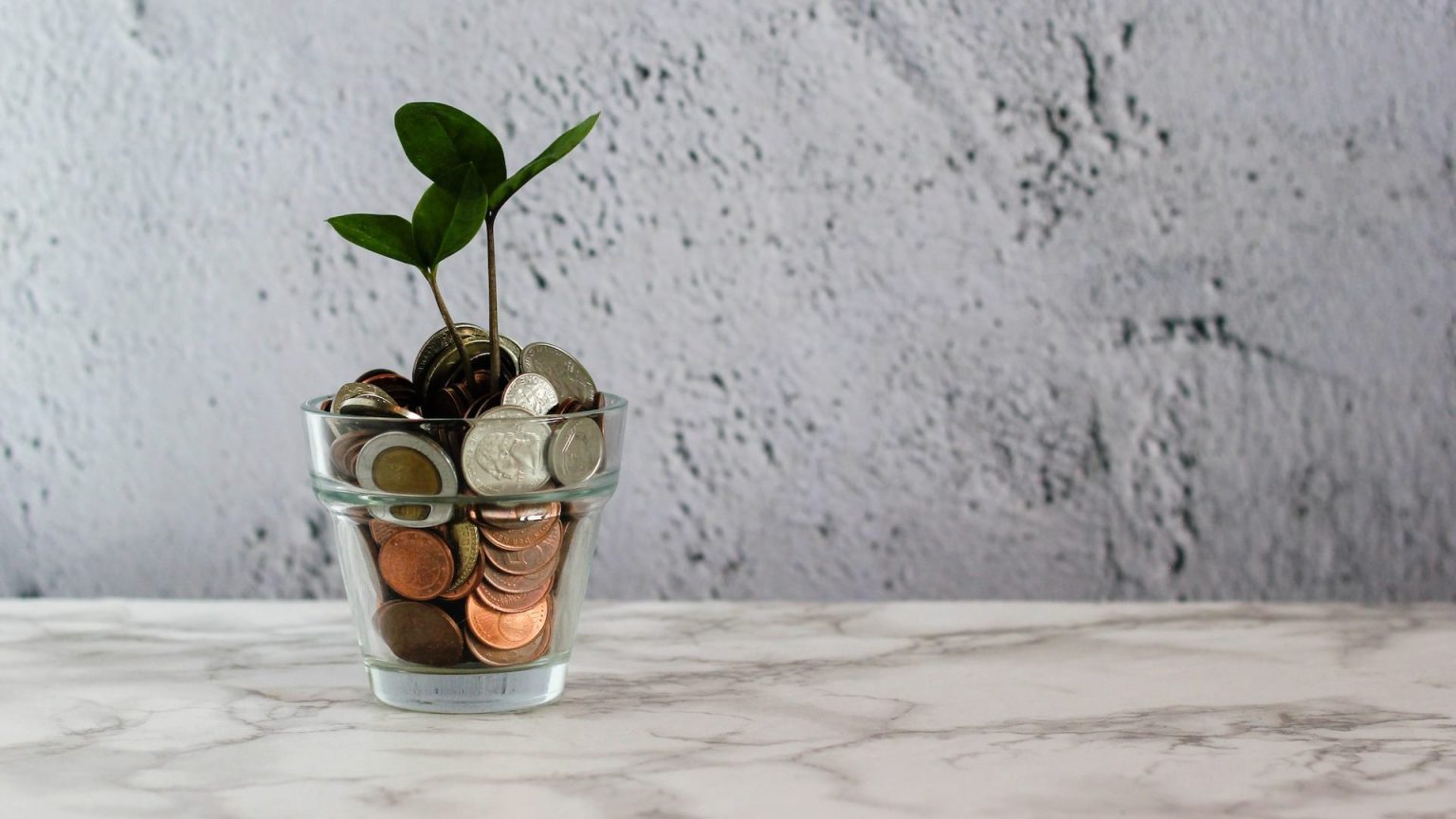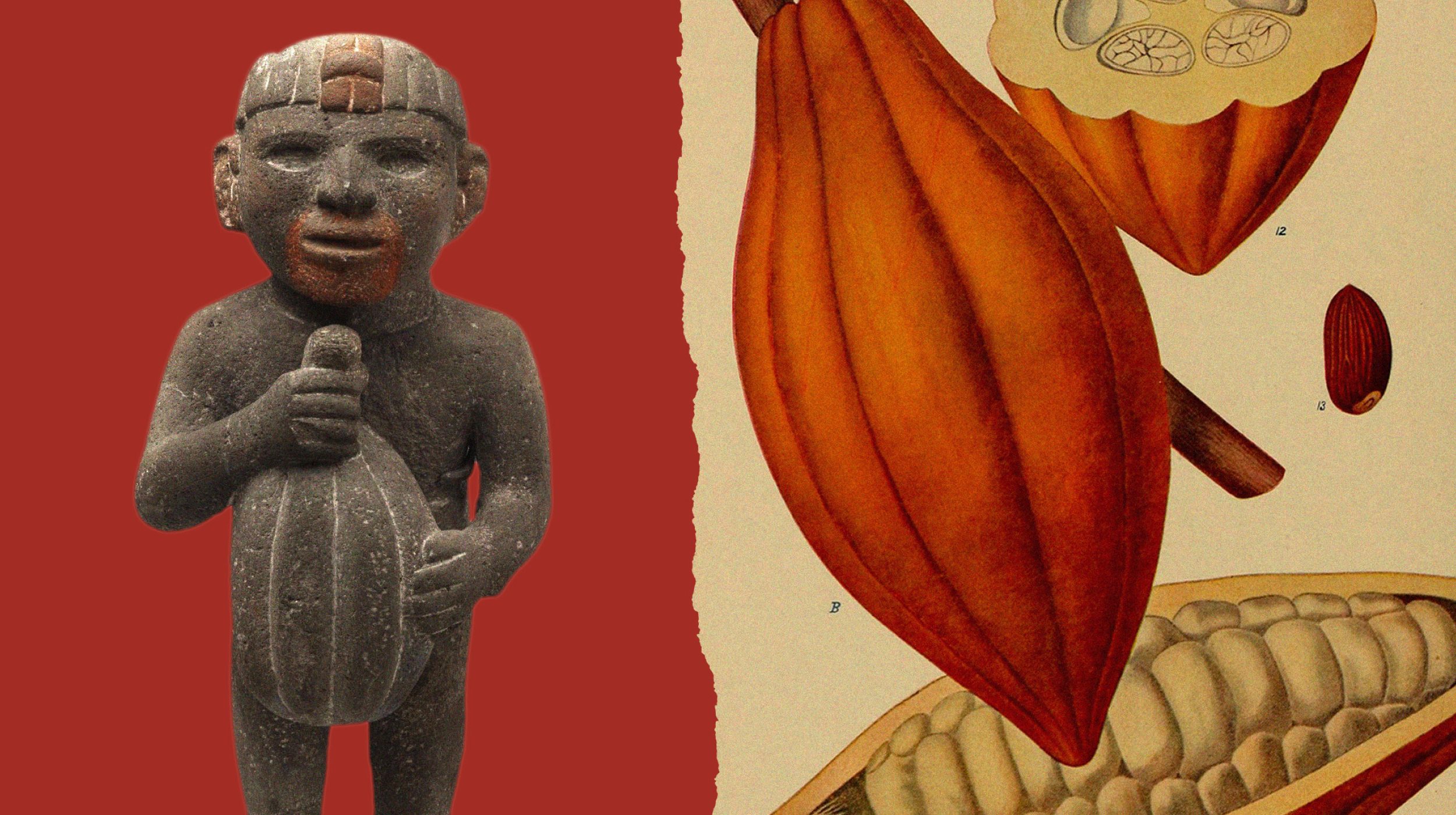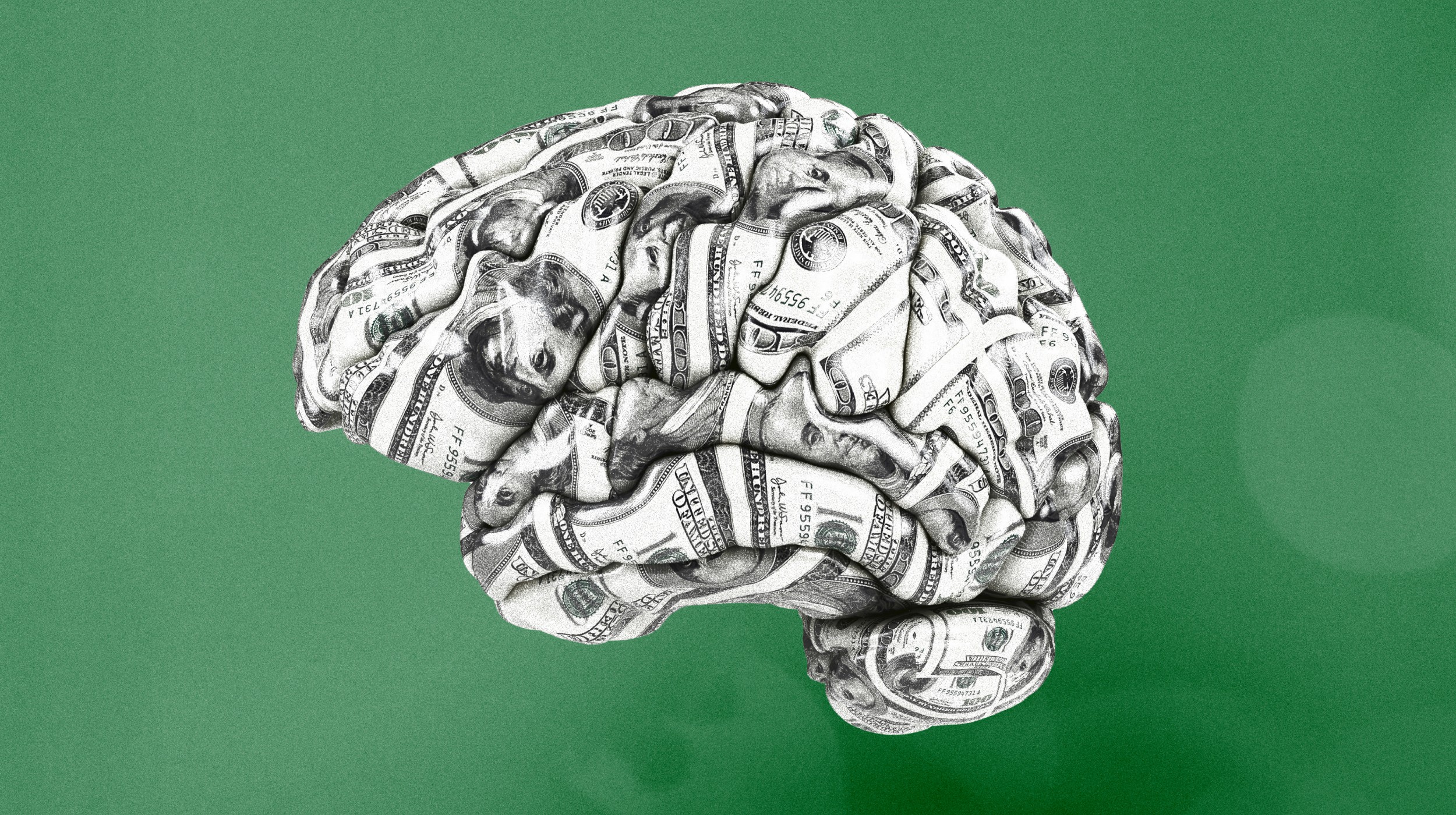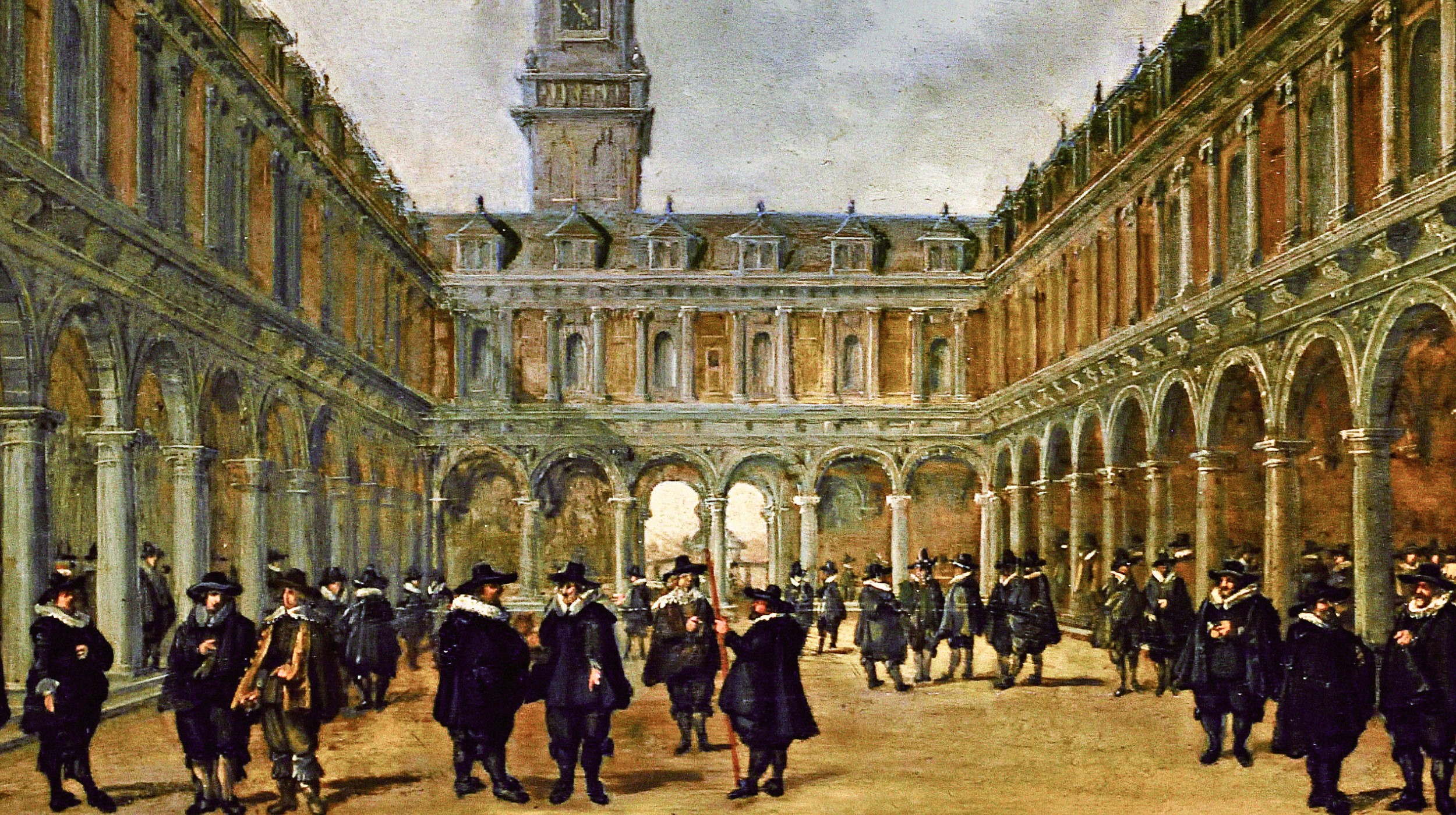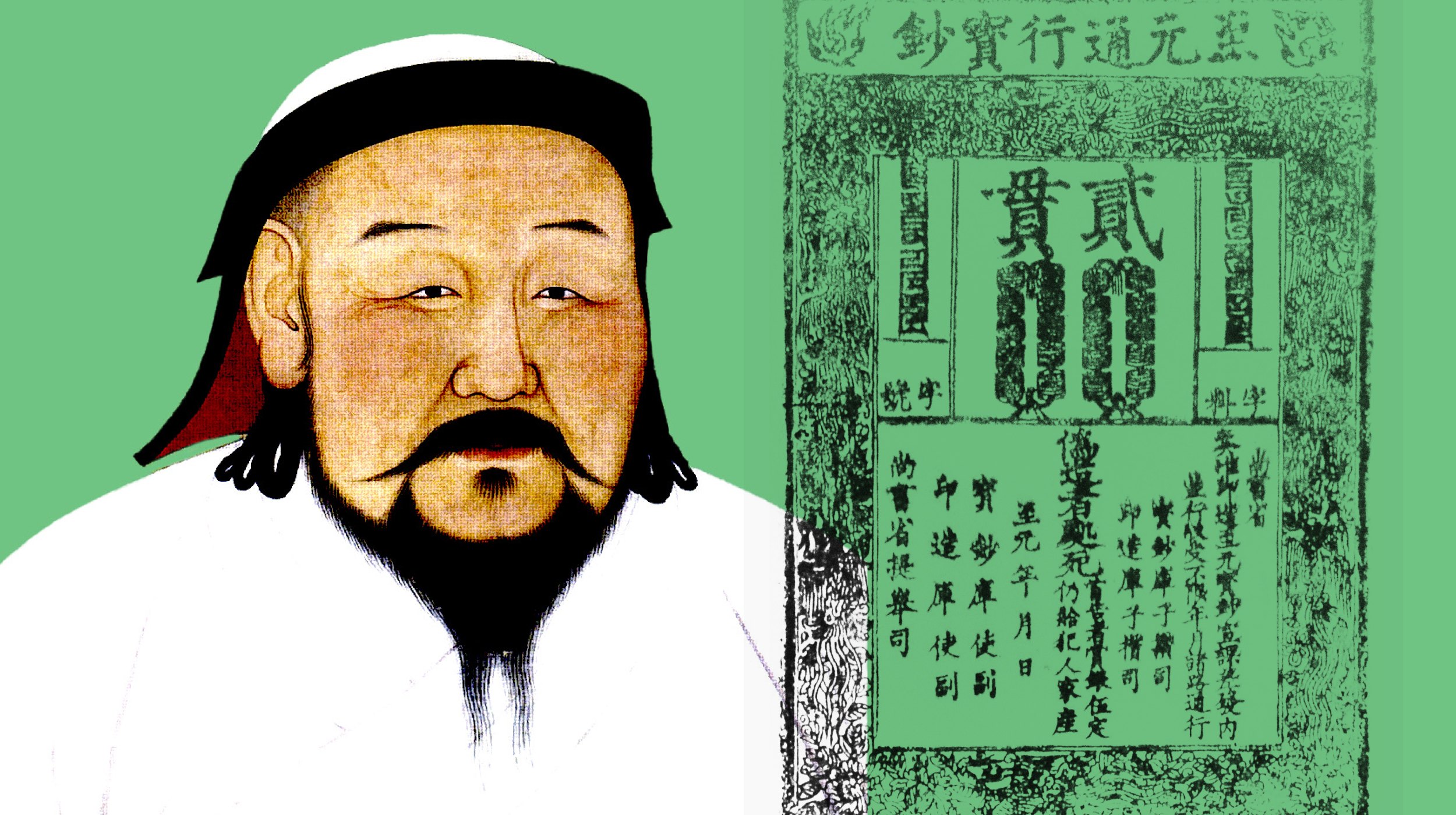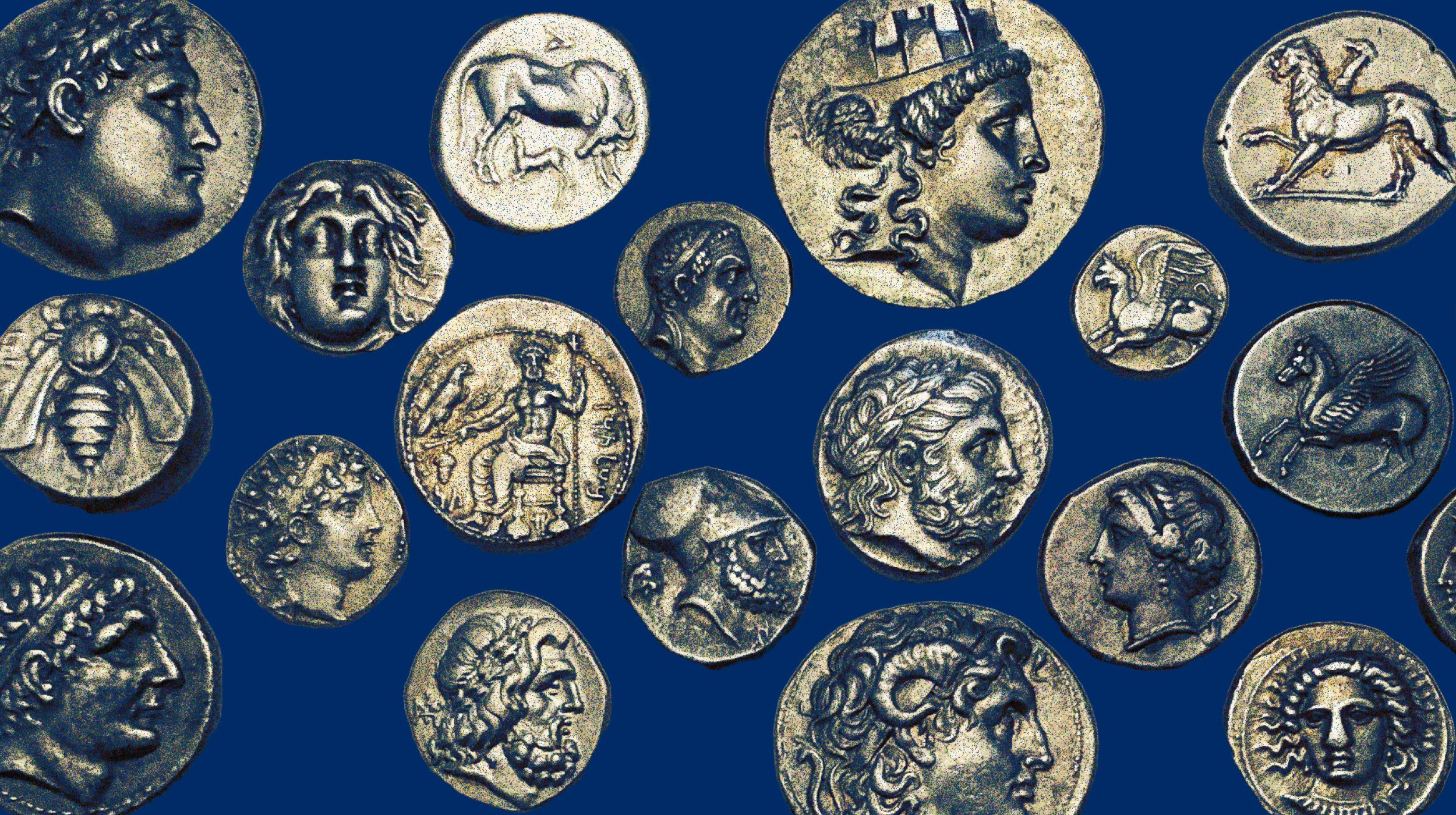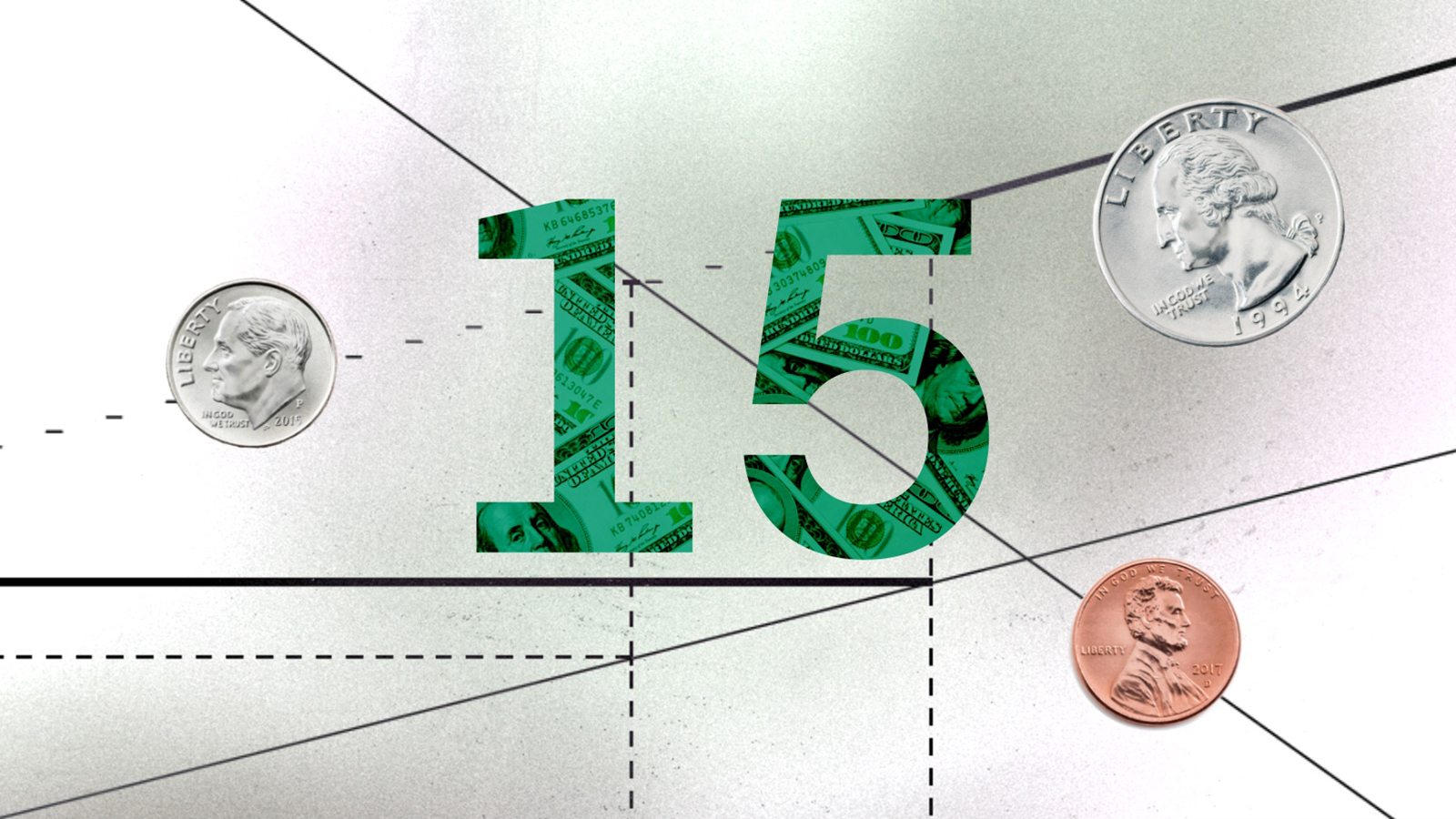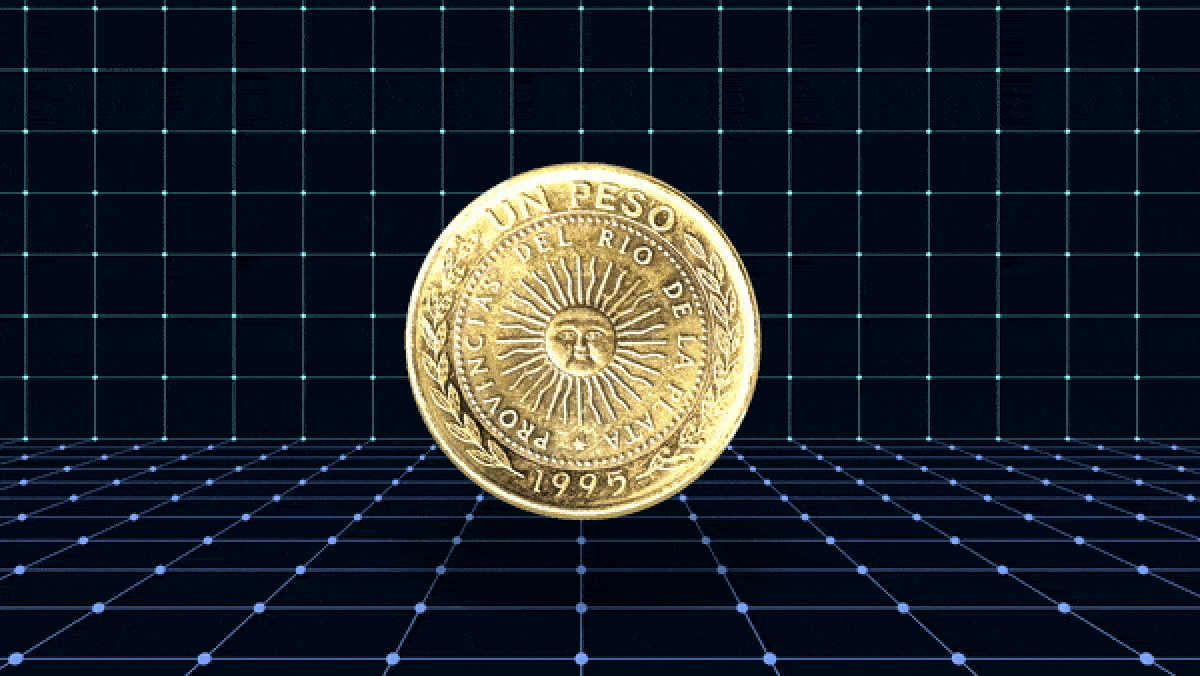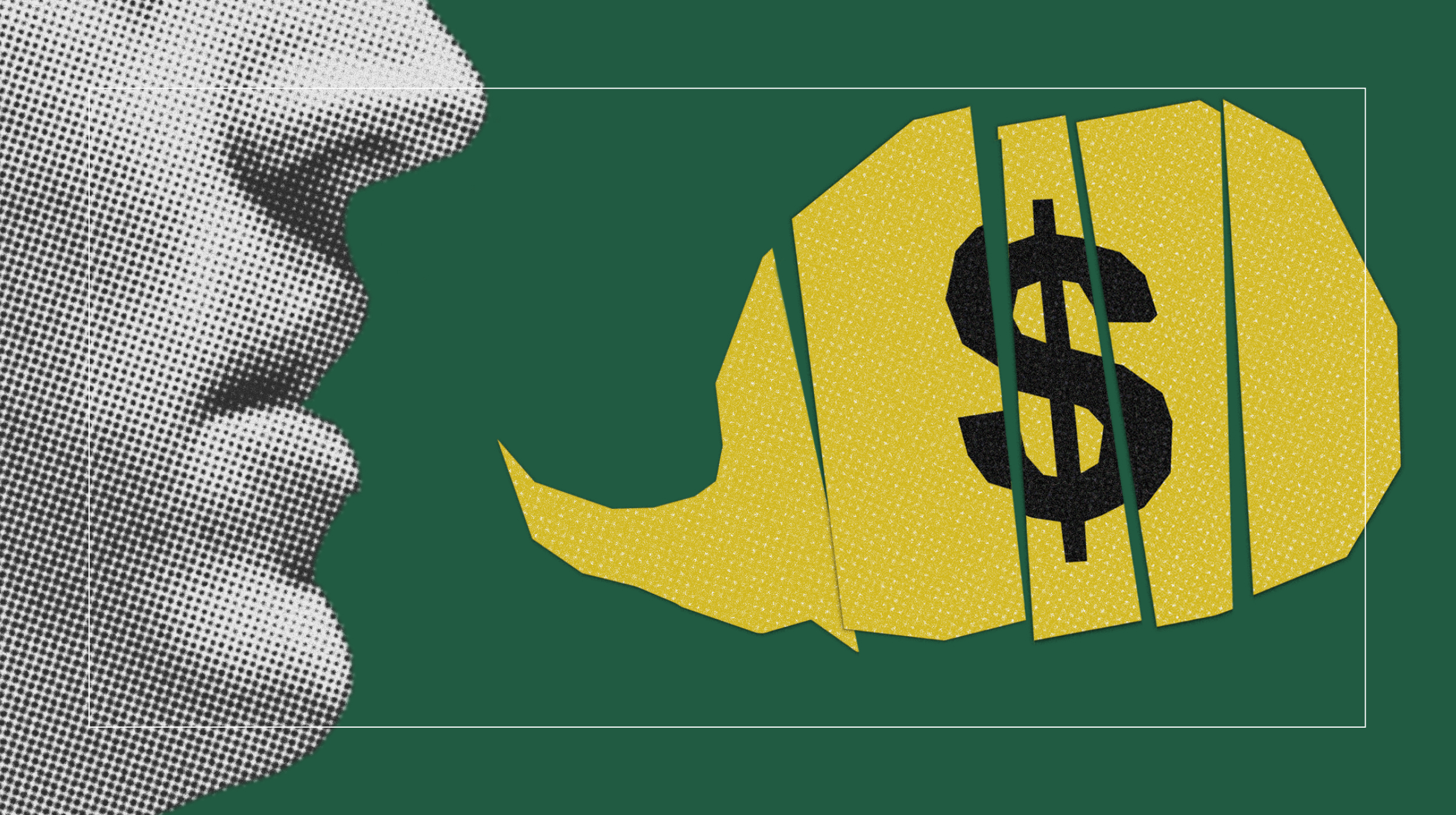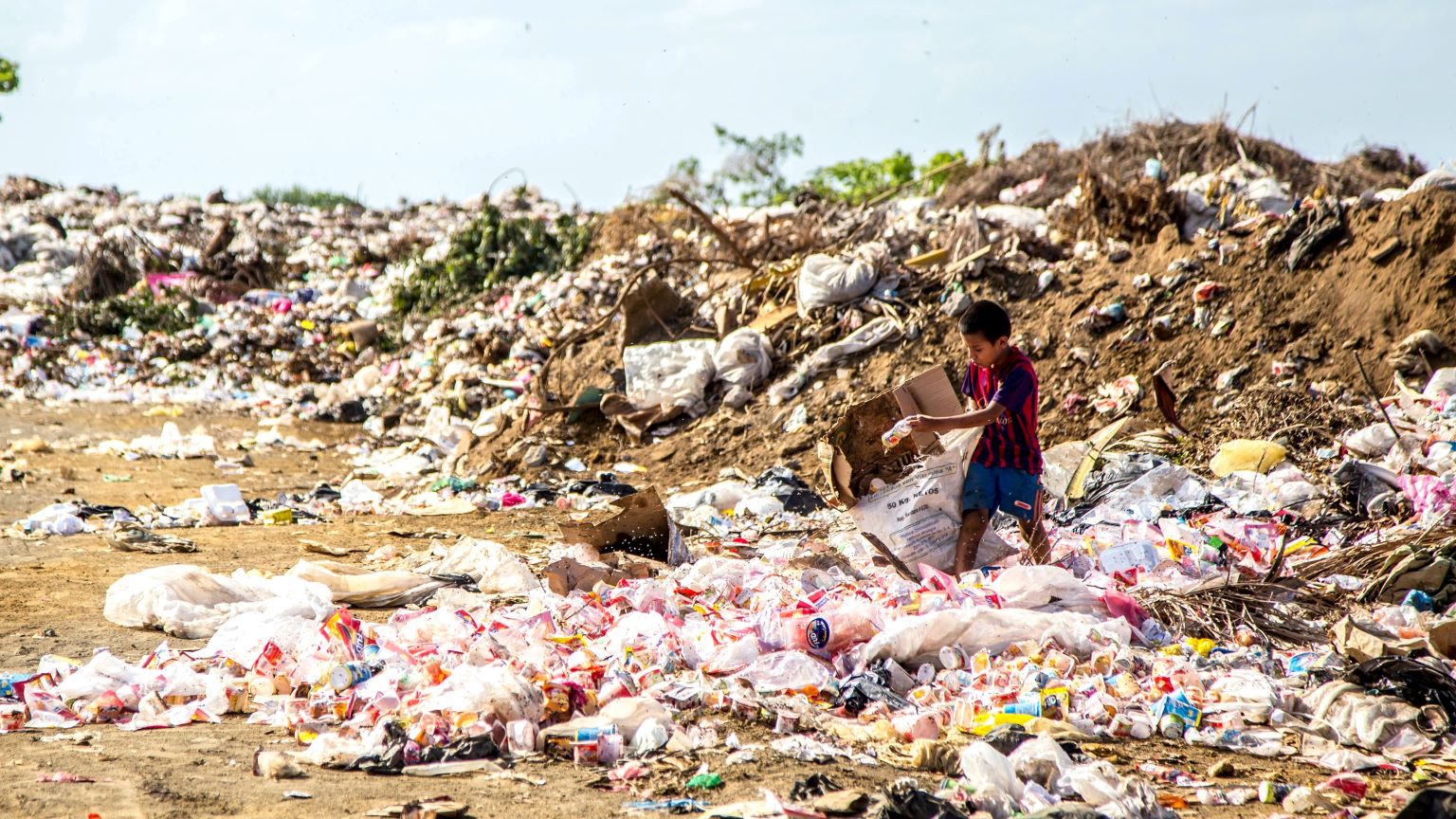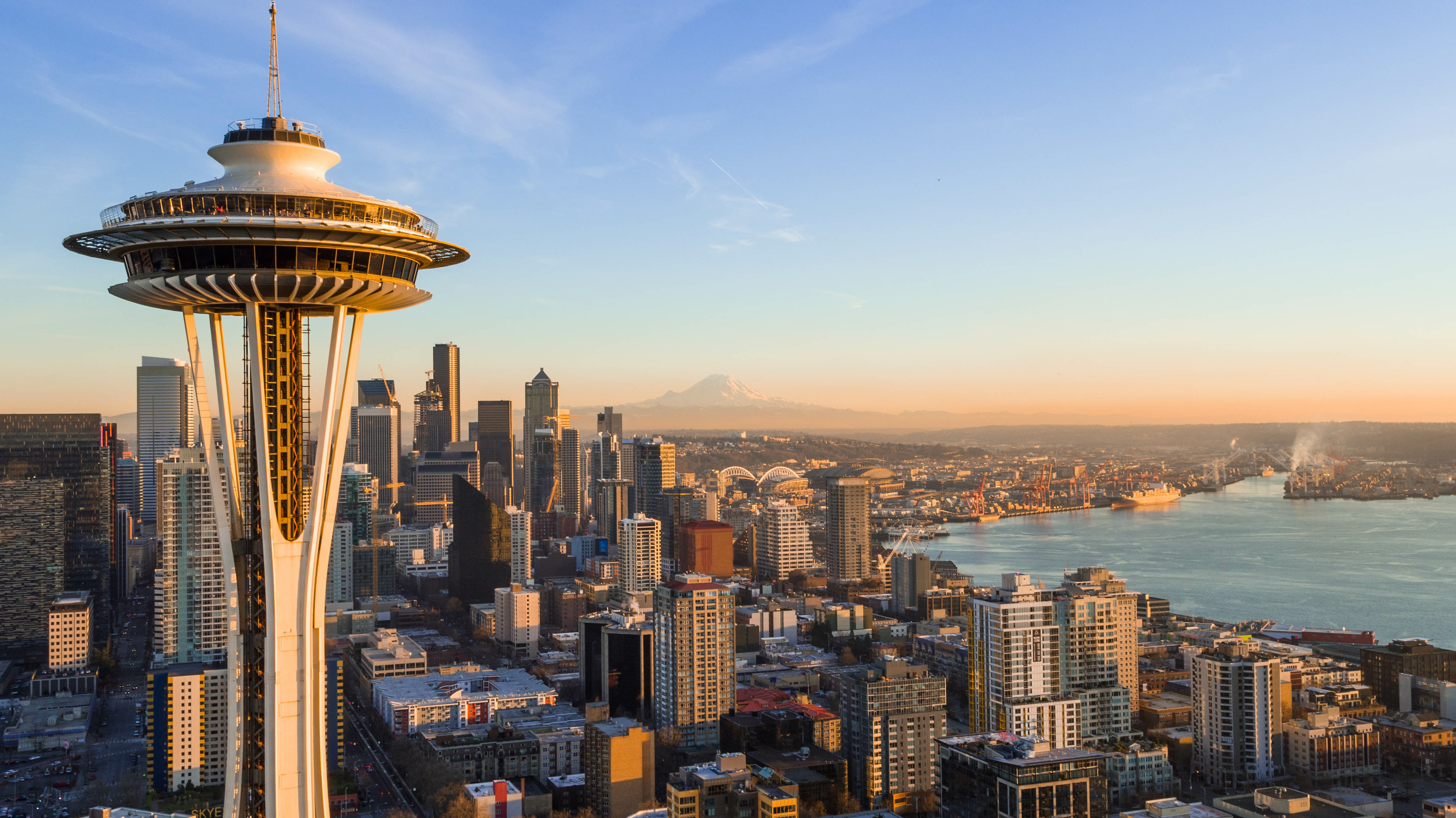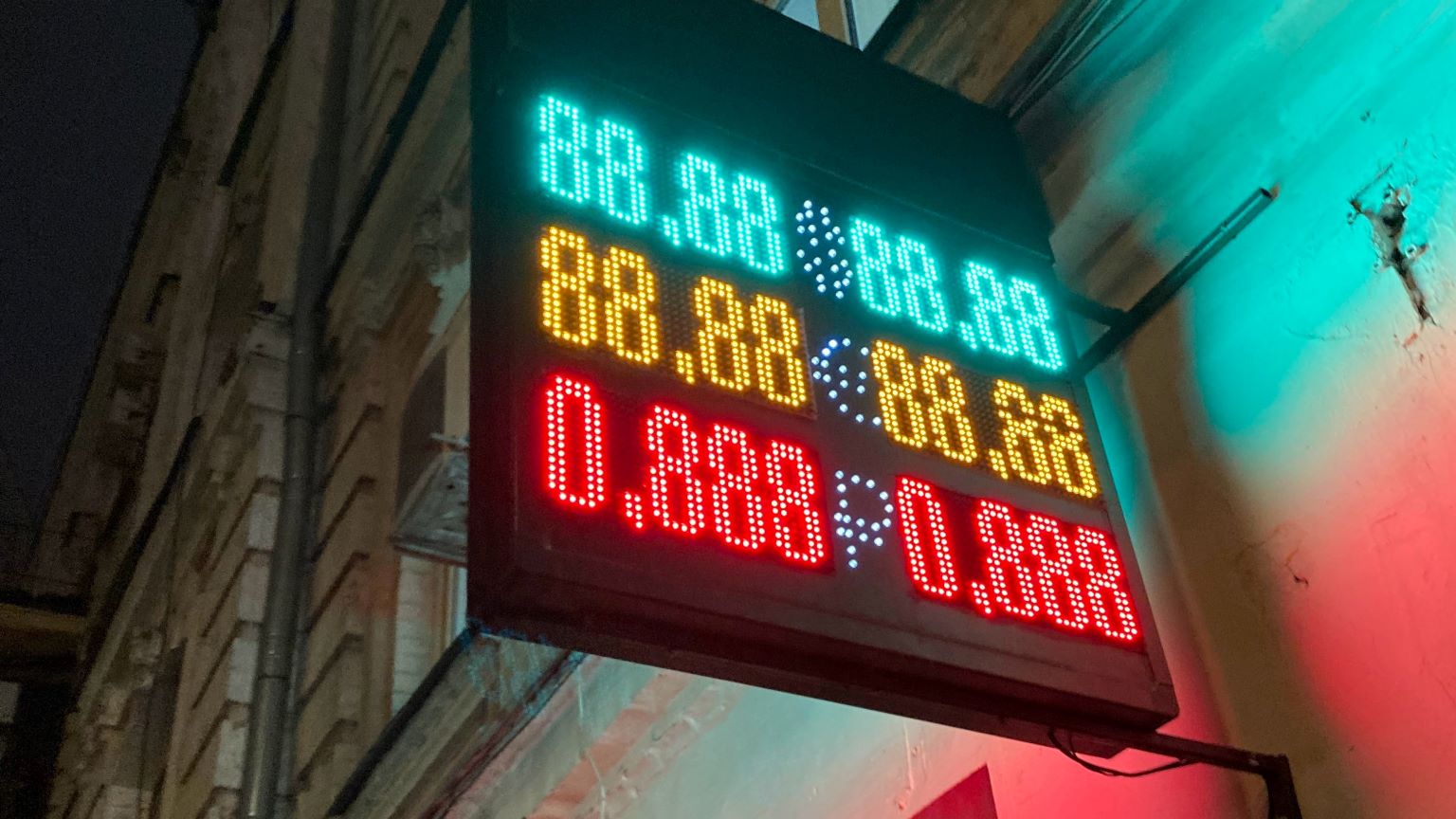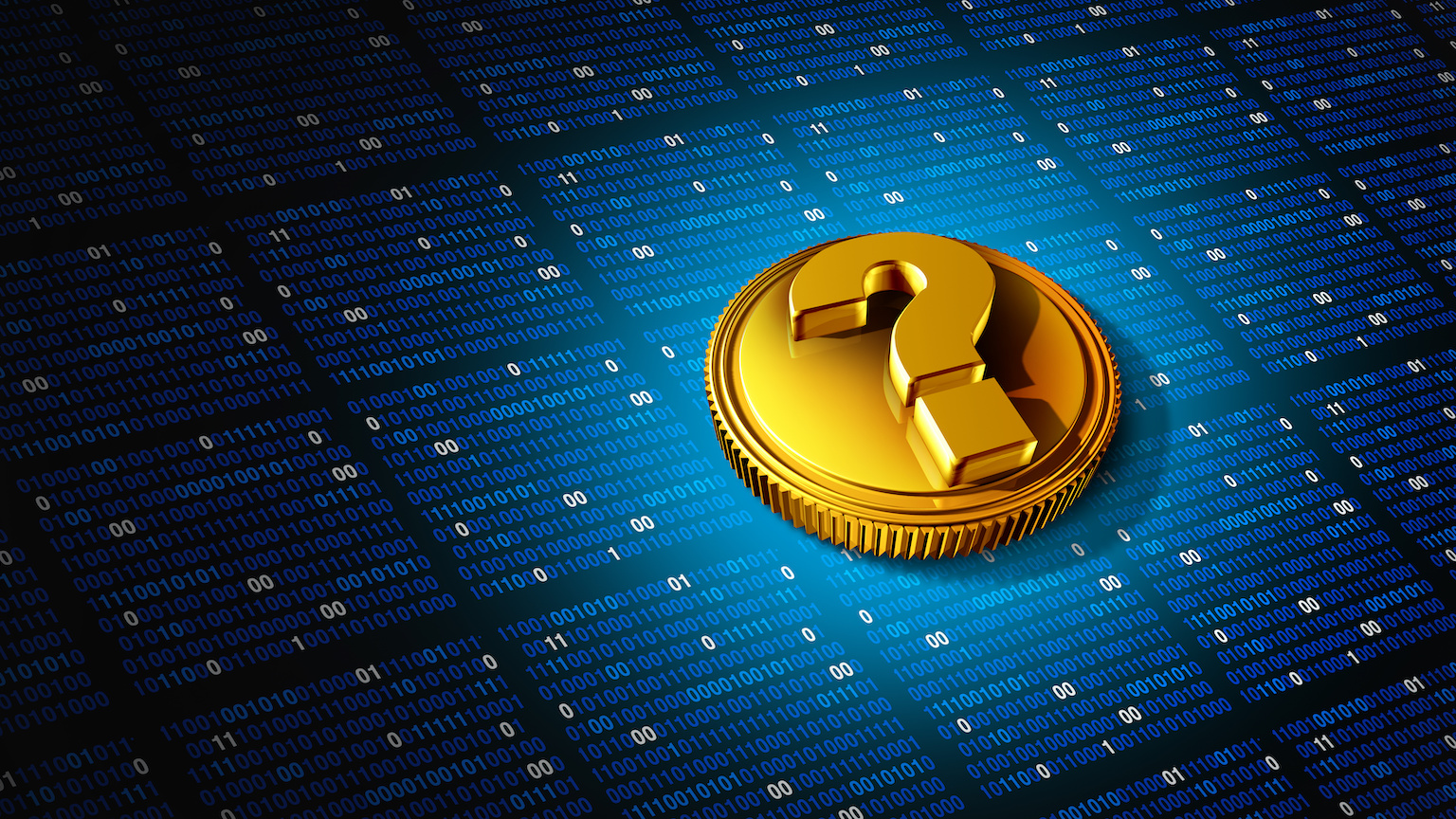Economics & Work
Here’s how to avoid getting duped by the “dark patterns” of online businesses.
It’s perhaps never been harder to resist the urge to overspend.
Your mentors made time for you. Now, go and make time for others.
The value of art does not lie in the artwork itself but is instead determined by curators, collectors, critics, and other participants in the modern-day art market.
The future of American jobs isn’t only services and tech.
There’s enough evidence to conclude president Bukele had no idea what he was doing.
More than half of Americans feel anxious over their financial situation.
The world has improved in mind-blowing ways.
“Ghost gear” leads to hundreds of thousands of animal deaths.
Living is about staying busy.
Economic growth is more about quality than quantity.
More than 1,000 years ago, Mesoamerican societies conducted one of history’s most interesting experiments in commodity money.
It turns out it’s hard to make work at an Amazon warehouse fun.
When you hold yourself financially accountable, you’re likely to gain more than just some extra money.
The East India Company issued stocks to minimize the risk on their unpredictable but highly lucrative voyages. The rest is history.
Kublai Khan wasn’t the first ruler in history to issue paper money, but his Yuan dynasty did take unprecedented action to ensure this revolutionary form of currency retained its value.
The Greeks were among the first to move beyond “primitive money” and establish an official currency, transforming their trade, government, and even philosophy.
The minimum wage is a popular policy, but it’s not the only way governments have tried to help workers secure a decent living.
Managers who are able to identify and understand dark salespeople can manipulate them to benefit the company. What could be more Machiavellian than that?
Mixed messages and competing interests have left college students feeling lost and stressed.
Argentina’s black market for cash is embracing crypto — but it’s not what crypto proponents expected.
Why should it be considered impolite to discuss something so important to our long-term well-being?
It is wrong to think that these three statements contradict each other. We need to see that they are all true to see that a better world is possible.
One might think that people who started poor and became rich might be more sensitive to the plights of the poor. Not so, suggests a new study.
Seattle slowly raised its minimum wage to $15 per hour. The results provide fuel for both sides of the minimum wage debate.
In 200 years, the mortality rate for children under the age of five (per 1,000 live births) has dropped from 40% to 3.7%.
Digital nomads can fully immerse themselves in their surroundings while advancing their career and stimulating the local economy. But there is one potential downside.
A clear alternative has yet to emerge.
An analogy explains the greater fool theory: You don’t have to run faster than the bear to get away; you just have to run faster than the other guy.

